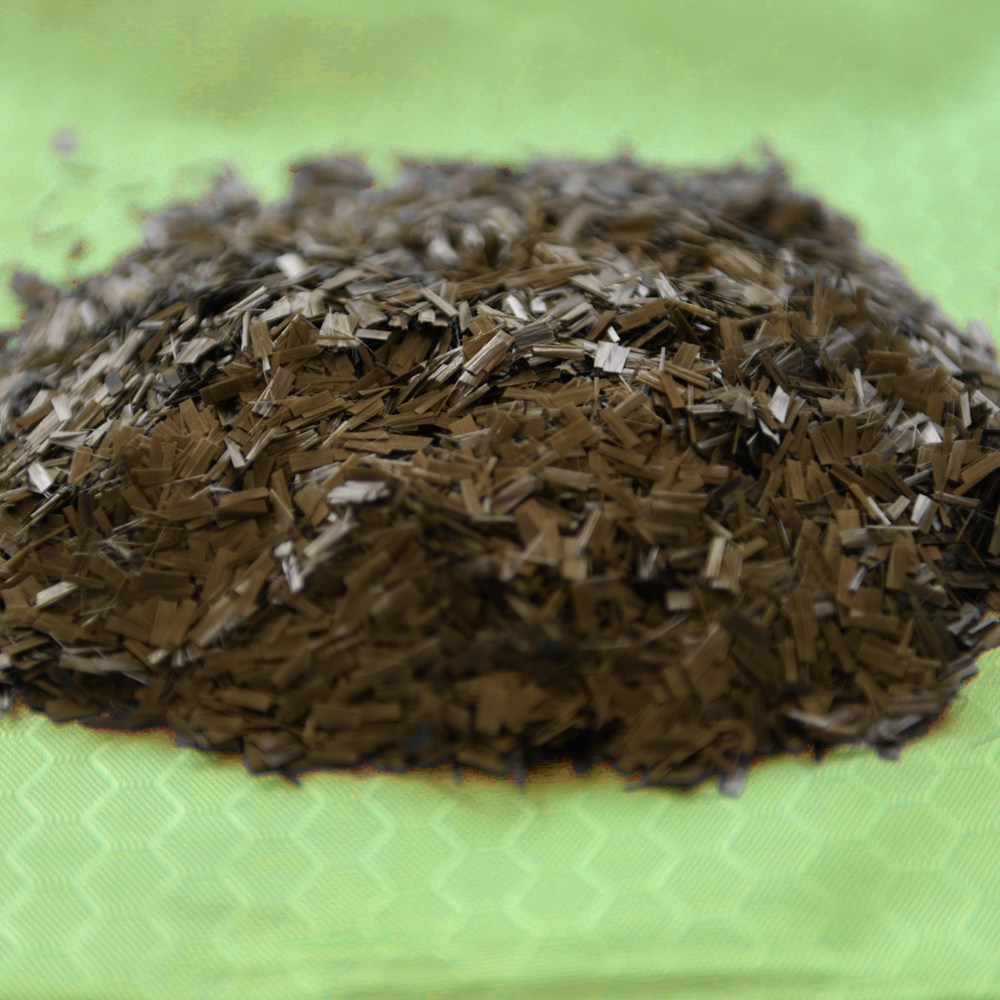Table of Contents
Benefits of Using Basalt Fiber in Road Maintenance
Basalt fiber is a versatile material that has been gaining popularity in various industries, including road maintenance. Basalt fiber is derived from the volcanic rock basalt, which is melted and then spun into fibers. These fibers are strong, lightweight, and resistant to corrosion, making them an ideal material for reinforcing asphalt and concrete in road construction and maintenance.
One of the key benefits of using basalt fiber in road maintenance is its high tensile strength. Basalt fibers are stronger than steel fibers of the same diameter, making them an excellent choice for reinforcing asphalt and concrete. This added strength helps to prevent cracking and rutting in roads, extending their lifespan and reducing the need for costly repairs.
In addition to its strength, basalt fiber is also lightweight, which can help to reduce the overall weight of road surfaces. This can Lead to lower material and transportation costs, as well as reduced fuel consumption and emissions from vehicles traveling on the roads. The lightweight nature of basalt fiber also makes it easier to handle and install, saving time and labor during road construction and maintenance projects.
Another benefit of using basalt fiber in road maintenance is its resistance to corrosion. Basalt fibers are not affected by moisture, Chemicals, or UV radiation, making them a durable and long-lasting reinforcement material for roads. This resistance to corrosion helps to maintain the structural integrity of roads, even in harsh environmental conditions, reducing the need for frequent repairs and maintenance.
Basalt fiber is also an environmentally friendly material, as it is made from natural volcanic rock and does not require the use of harmful chemicals or additives during production. This makes basalt fiber a sustainable choice for road maintenance projects, helping to reduce the environmental impact of road construction and maintenance activities.

Furthermore, basalt fiber is non-toxic and non-combustible, making it a safe material to work with during road maintenance projects. This can help to protect workers and the surrounding Environment from potential hazards associated with other reinforcement materials.
Overall, the use of basalt fiber in road maintenance offers a range of benefits, including high tensile strength, lightweight construction, corrosion resistance, environmental sustainability, and Safety. These benefits make basalt fiber an attractive choice for road construction and maintenance projects, helping to create durable, long-lasting roads that can withstand the challenges of heavy traffic and harsh weather conditions.
In conclusion, basalt fiber is a versatile and effective material for reinforcing asphalt and concrete in road maintenance. Its high tensile strength, lightweight construction, corrosion resistance, environmental sustainability, and safety make it a valuable asset for road construction and maintenance projects. By incorporating basalt fiber into road maintenance practices, we can create stronger, more durable roads that provide long-term benefits for communities and the environment.
How Basalt Chopped Strands Improve Road Durability
Basalt fiber is a versatile material that has been gaining popularity in various industries, including road maintenance. One of the key applications of basalt fiber in road maintenance is in the form of chopped strands. These chopped strands are made by cutting continuous basalt fibers into short lengths, which are then mixed with asphalt to create a composite material that offers improved durability and performance compared to traditional asphalt mixes.
One of the main benefits of using basalt chopped strands in road maintenance is their high tensile strength. Basalt fibers are known for their exceptional strength-to-weight ratio, making them an ideal reinforcement material for asphalt mixes. When added to asphalt, basalt chopped strands help to increase the overall strength and stability of the road surface, reducing the likelihood of cracking and rutting over time.
In addition to their high tensile strength, basalt chopped strands also offer excellent resistance to corrosion and chemical degradation. This makes them particularly well-suited for use in harsh environments where roads are exposed to Salt, chemicals, and other corrosive substances. By incorporating basalt chopped strands into asphalt mixes, road maintenance crews can extend the lifespan of the road surface and reduce the need for frequent repairs and resurfacing.
| Nr. | Name |
| 1 | Basalt fiber reinforcement |
Another advantage of using basalt chopped strands in road maintenance is their low thermal conductivity. Basalt fibers have a lower thermal conductivity compared to traditional reinforcement materials like steel, which helps to reduce the risk of thermal cracking in the road surface. This is especially important in regions with extreme temperature fluctuations, where the expansion and contraction of the road surface can lead to premature deterioration.
Furthermore, basalt chopped strands are lightweight and easy to handle, making them a cost-effective and efficient solution for road maintenance projects. Unlike steel reinforcement materials, basalt fibers do not rust or corrode, eliminating the need for costly maintenance and replacement. This can result in significant cost savings for road maintenance agencies over the lifespan of the road surface.
Overall, basalt chopped strands offer a range of benefits for road maintenance applications, including improved durability, resistance to corrosion, low thermal conductivity, and cost-effectiveness. By incorporating basalt fibers into asphalt mixes, road maintenance crews can create road surfaces that are stronger, more durable, and longer-lasting than traditional asphalt mixes. This can help to reduce maintenance costs, extend the lifespan of the road surface, and improve overall road safety for drivers.
In conclusion, basalt chopped strands are a valuable reinforcement material for road maintenance projects, offering a range of benefits that can help to improve the durability and performance of road surfaces. By utilizing basalt fibers in asphalt mixes, road maintenance agencies can create road surfaces that are stronger, more resistant to corrosion, and more cost-effective in the long run. With their high tensile strength, low thermal conductivity, and lightweight properties, basalt chopped strands are a versatile solution for enhancing road durability and longevity.

